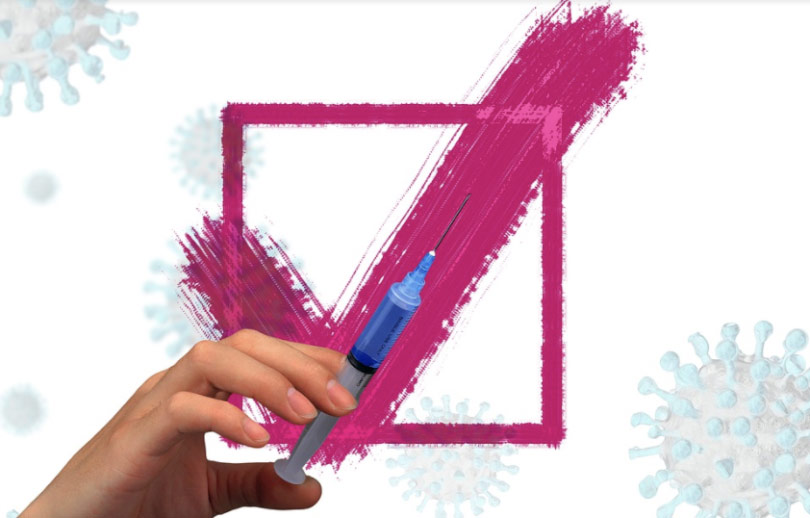The FDA gave emergency approval to Pfizer’s “booster” vaccine for people over 65 who have been fully vaccinated against Covid-19 at least six months. And, soon after, the Centers for Disease Control and Prevention (CDC) announced that it supports that decision as well as booster shots for people who have a serious medical condition or work in a high-risk settings.
In short, about 60 million of the 100 million people who received the Pfizer vaccine and who are at high risk of getting a serious case of Covid-19 are eligible for the booster shot. The booster is the same Pfizer vaccine as people originally received, just a third one, to boost people’s antibody levels and better protect them.
Older adults and people with compromised health need vaccine protection. Covid-19 is the deadliest disease in American history, deadlier than the Spanish flu of 1918.
Pfizer had wanted the booster to be available to all 100 million Americans who had received its vaccine. But, an expert FDA panel did not support Pfizer’s request, nor did the Centers for Disease Control and Prevention. Still, projections are that booster shots around the world will contribute $26 billion to its bottom line in 2022, PBS reports.
Should you get a booster if you did not get the Pfizer vaccine? The FDA has not yet given approval for a booster to people who had the Moderna and Johnson & Johnson vaccines. For that reason, experts have not recommended a Pfizer booster to people who received the Johnson & Johnson or Moderna vaccines.
Some experts believe that people who are immunocompromised should get the third vaccine even if it is a different brand from the brand they initially received. But, one FDA representative says there is not enough evidence to know whether it would be as effective as getting a third injection of the same vaccine you originally received.
Here’s more from Just Care:










